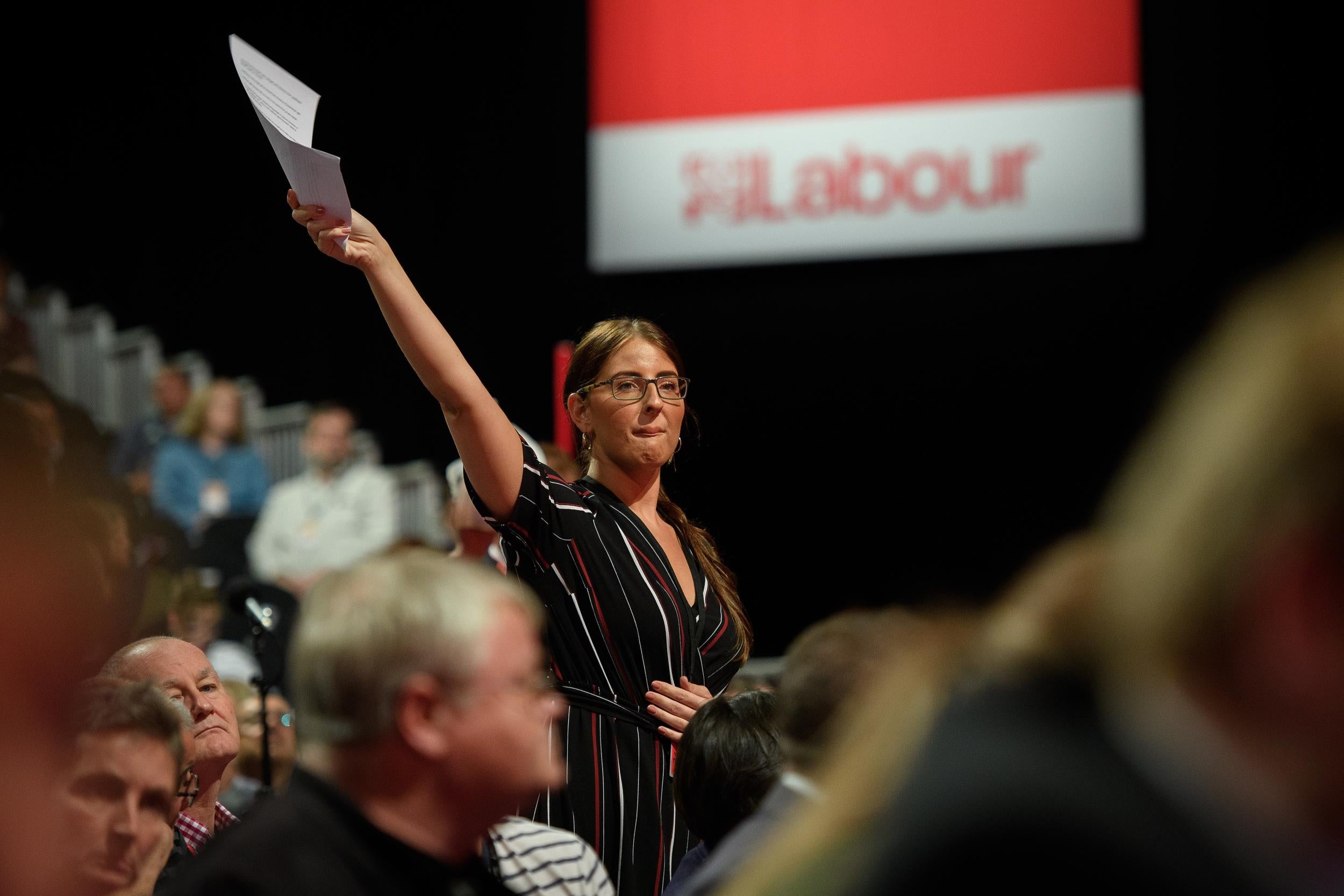Labour’s internal elections strengthen Keir Starmer further
But at the price of an incomprehensible proportional representation system, says John Rentoul


One of the great myths of recent history is that New Labour was guilty of “spin”, when its opponents were always more proficient at the art of putting a partisan gloss on facts. That was still the case last week, when Momentum, the Jeremy Corbyn claque, claimed: “Momentum-backed left slate wins big in Labour National Executive Committee elections.”
True, it had won five of the nine places representing the party membership as a whole. That means Laura Pidcock, who was going to be Corbyn’s anointed successor until she carelessly lost her parliamentary seat last year, is back in national politics. But you wouldn’t know from Momentum’s brave talk of “victory” that this means the faction has gone backwards since the last full National Executive Committee elections two years ago.
What has happened since then is that the party has brought in a system of proportional representation (PR) for those nine seats. That meant that where Momentum won a clean sweep of all nine places in 2018, this year it lost four. Under PR voting, the “Labour to Win” slate, which describes itself as “supporters of Keir Starmer’s leadership”, won three places, and Ann Black, an unfactional veteran who often voted with Momentum before it booted her off the executive two years ago, won the remaining seat.
So that’s a gain of three, and possibly four, for Starmer, who already had a small majority of fairly reliable supporters on the 41-person committee, which is the party’s ruling body in between annual conferences. Because there wasn’t an annual conference this year, the NEC is more powerful than usual, and the core Corbynite faction is in retreat.
It is only a pity that this tightening of Starmer’s grip was achieved by a change in the voting system worthy of the worst machine politics of Labour’s past. I’m opposed to PR for the House of Commons, and I’m against it in the Labour Party – although for a different reason. I don’t want it in parliament because I think permanently hung parliaments would give too much power to small parties. And I don’t think it’s right in the Labour Party because it institutionalises factions.
What is more, the PR system allocates each faction – they used to be called slates – a share of the nine seats according to a system requiring a maths A-level to operate. The principles are easy enough to understand, but the way it works in practice, and the ways in which it can be gamed (such as by putting up more or fewer candidates) are deeply obscure.
Still, as a Blairite, perhaps I should just sit back and enjoy the spectacle of Momentum undone by a voting system that has become part of the catechism of the fashionable left.
Yours,
John Rentoul
Chief political commentator
Join our commenting forum
Join thought-provoking conversations, follow other Independent readers and see their replies
Comments